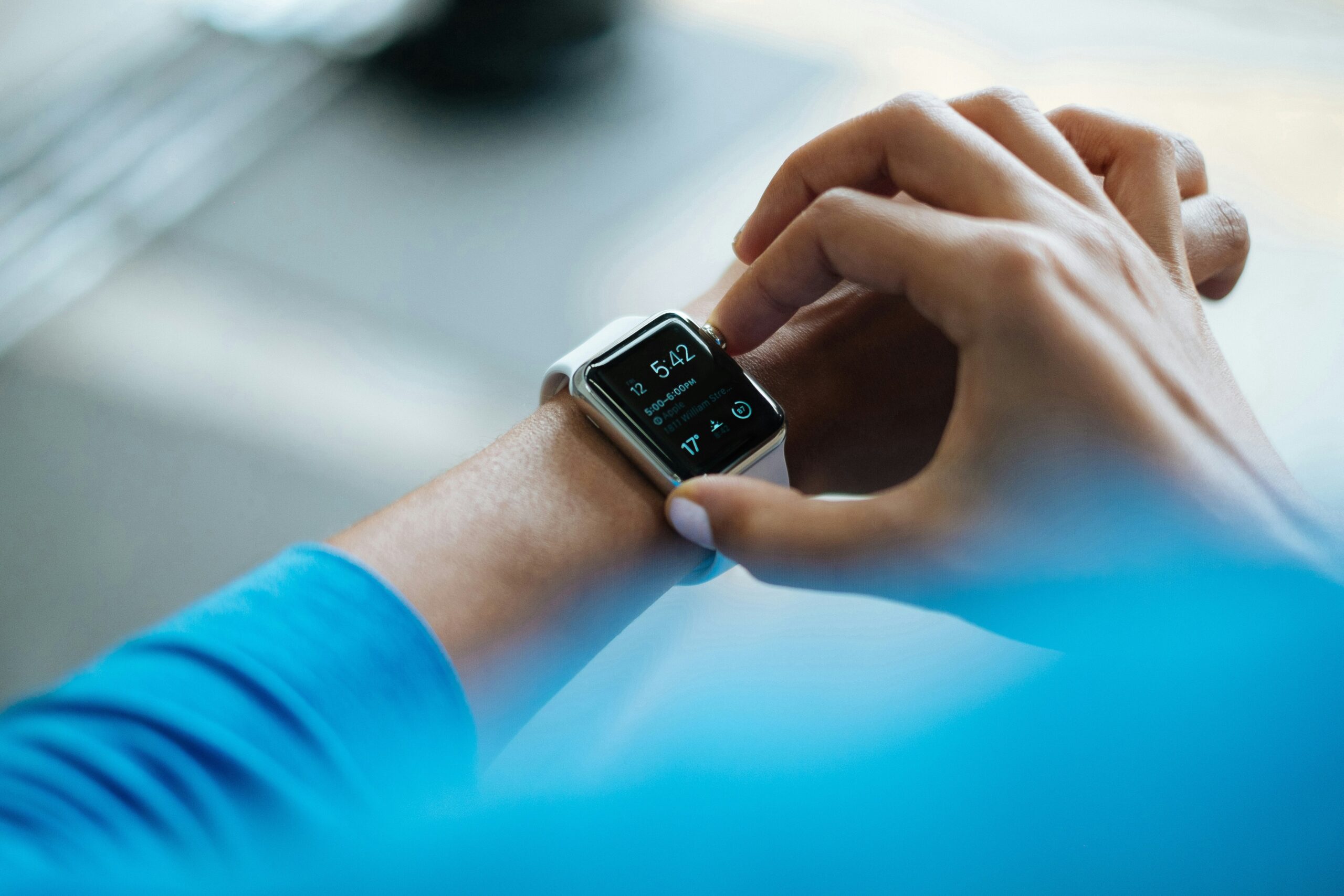Losing weight can sometimes feel like an uphill battle, especially when you have a specific goal in mind, like shedding those stubborn 40 pounds. But fear not, because we’re here to break it down for you. In this article, we’ll explore the realistic timeframe for losing 40 pounds, taking into account factors such as your current weight, diet, exercise routine, and overall lifestyle. So grab a cup of tea and get ready to discover just how long it might take you to achieve your weight loss goals.
Understanding Weight Loss Basics
Concept of a calorie deficit
When it comes to weight loss, the concept of a calorie deficit is crucial to understand. Essentially, a calorie deficit occurs when you consume fewer calories than your body needs to maintain its current weight. This forces your body to tap into its fat stores for energy, resulting in weight loss.
The 3500-calorie rule
The 3500-calorie rule is a commonly used guideline that states that to lose one pound of body weight, you need to create a calorie deficit of 3500 calories. Therefore, to shed 40 pounds, you would need to achieve a total calorie deficit of 140,000 calories.
Factors affecting weight loss
There are several factors that can affect the rate at which you lose weight. These include your age, gender, genetics, metabolism, activity level, and overall health. It’s important to keep in mind that weight loss is a highly individualized process, and what works for one person may not work for another.
Estimating Time Frame for Losing 40 Pounds
Use of a safe weight loss pace: 1-2 pounds per week
To ensure sustainable and healthy weight loss, it is generally recommended to aim for a weight loss pace of 1-2 pounds per week. Losing weight at this rate allows your body to adjust gradually and reduces the risk of nutrient deficiencies and other health complications.
Calculations based on calorie deficit
To estimate the time frame for losing 40 pounds, you need to calculate your specific calorie deficit. Since there are 3,500 calories in one pound, dividing the total calorie deficit required (140,000 calories) by the average weekly calorie deficit (3,500-7,000 calories) will give you an estimate of the weeks or months it may take to reach your goal.

Risks of Rapid Weight Loss
Physical risks: nutrient deficiencies, gallstones
While rapid weight loss may seem enticing, it is important to be aware of the potential risks. Rapid weight loss can lead to nutrient deficiencies, as you may not be consuming enough food to meet your body’s nutritional needs. Additionally, it increases the risk of developing gallstones, which are hard deposits that can form in the gallbladder.
Mental health challenges: stress, eating disorders
Rapid weight loss can also take a toll on your mental health. The pressure to lose weight quickly can lead to increased stress and can potentially trigger or exacerbate eating disorders. It is important to prioritize both your physical and mental well-being throughout your weight loss journey.
Role of Diet in Weight Loss
Creating a balanced diet plan
A balanced diet plan plays a vital role in achieving and maintaining weight loss. It is important to incorporate a variety of nutrient-dense foods, including lean proteins, fruits, vegetables, whole grains, and healthy fats. This ensures that your body receives all the essential nutrients while keeping your calorie intake in check.
Reducing calorie intake without starving
Reducing your calorie intake does not mean you have to starve yourself. It is essential to strike a balance between reducing calories and providing your body with adequate fuel. This can be achieved by making smart food choices, practicing portion control, and listening to your body’s hunger and fullness cues.
Incorporating lean protein, fruits, and vegetables
Lean protein, fruits, and vegetables should form the foundation of your weight loss diet. Lean protein sources, such as chicken, fish, tofu, and legumes, help promote feelings of fullness and preserve muscle mass. Fruits and vegetables are low in calories and high in fiber, providing essential nutrients and aiding in digestion.

Importance of Physical Activity
Types of exercises suitable for beginners
Incorporating physical activity into your weight loss journey is crucial for maximizing results and overall health. If you’re a beginner, focus on low-impact exercises such as walking, swimming, or cycling. These activities are easier on your joints while still providing cardiovascular benefits.
Duration and frequency of workouts
The duration and frequency of your workouts will depend on your current fitness level and goals. Aim for at least 150 minutes of moderate-intensity aerobic activity or 75 minutes of vigorous-intensity aerobic activity per week. Additionally, include strength training exercises at least two days a week to build muscle and increase metabolism.
Benefits of regular physical activity beyond weight loss
Regular physical activity offers numerous benefits beyond weight loss. It improves cardiovascular health, boosts mood, reduces the risk of chronic diseases, increases energy levels, and enhances overall well-being. By incorporating exercise into your routine, you not only support your weight loss goals but also improve your overall quality of life.
Lifestyle Modification
Role of sleep in weight loss
Getting adequate sleep is often overlooked but plays a significant role in weight loss. Lack of sleep can disrupt hormonal balance, increase hunger hormones, and lead to cravings for unhealthy foods. Aim for 7-9 hours of quality sleep each night to support your weight loss efforts.
Stress management strategies
Managing stress is crucial for successful weight loss. High levels of stress can trigger emotional eating, hinder progress, and negatively impact overall well-being. Incorporate stress-reducing activities such as meditation, deep breathing exercises, hobbies, and spending time with loved ones into your daily routine.
Importance of sustained lifestyle changes
Achieving long-term weight loss requires sustained lifestyle changes. It’s important to view weight loss as a journey rather than a quick fix. By adopting healthy habits, such as mindful eating, regular physical activity, and stress management, you set yourself up for lasting success and improved overall health.

Setting Realistic Goals
Importance of setting achievable targets
Setting realistic and achievable weight loss goals is essential for motivation and success. Unrealistic goals can lead to frustration and disappointment, making it harder to stay committed to your weight loss journey. Start by setting smaller, achievable goals that will lead you towards your ultimate target.
Consequences of unrealistic expectations
Unrealistic expectations can have negative consequences both mentally and physically. Striving for dramatic weight loss within an unrealistic time frame may result in unhealthy behaviors, such as extreme dieting or overexercising. This can lead to nutrient deficiencies, muscle loss, and an increased risk of injury.
Tips on setting weight loss goals
To set effective weight loss goals, consider the following tips:
- Be specific: Define your target weight and timeline.
- Be realistic: Set goals that are attainable and sustainable.
- Break it down: Divide your journey into smaller, manageable milestones.
- Track your progress: Monitor your weight loss and adjust goals as needed.
- Celebrate achievements: Acknowledge and reward yourself for reaching milestones along the way.
Understanding and Dealing with Weight Loss Plateaus
Reasons for weight loss plateau
Experiencing a weight loss plateau is a common occurrence during a weight loss journey. Several factors can contribute to a plateau, including a decrease in metabolism, muscle gain, water retention, or reaching a healthy weight range where weight loss slows down naturally.
How to overcome a weight loss plateau
To overcome a weight loss plateau, consider the following strategies:
- Adjust your calorie intake: Reassess your calorie intake to ensure you are still in a calorie deficit.
- Increase physical activity: Incorporate new exercises or increase the intensity or duration of your workouts.
- Mix up your routine: Try different types of exercise and vary your workout routine to challenge your body.
- Manage stress levels: Stress can hinder weight loss progress, so find effective strategies to cope with stress.
- Stay consistent: Don’t get discouraged; keep your healthy habits and trust the process.
Avoiding discouragement during weight loss plateaus
Experiencing a weight loss plateau can be discouraging, but it’s important to stay motivated and focused. Remind yourself of the progress you’ve made so far and the positive changes you’ve experienced. Seek support from friends, family, or a support group to help you stay accountable and motivated during challenging times.
Seeking Professional Assistance
When to seek help from a healthcare professional or dietitian
While embarking on a weight loss journey, it is important to consult with a healthcare professional or registered dietitian, especially if you have any underlying health conditions or if you’re unsure about the appropriate approach for your specific needs. They can provide personalized guidance, monitor your progress, and address any concerns or questions you may have.
Benefits of regular health checkups during weight loss journey
Regular health checkups are important during your weight loss journey to monitor your overall health. They can help identify any potential issues or changes that may arise as a result of your weight loss efforts. Additionally, health checkups allow for adjustments to be made to your diet or exercise plan, ensuring your weight loss journey remains safe and effective.
Understanding the role of weight loss surgeries and medication
In some cases, weight loss surgeries or medication may be recommended for individuals struggling with severe obesity or obesity-related health conditions. These interventions should always be discussed with a healthcare professional or specialist, who can weigh the benefits, risks, and suitability of such options based on individual circumstances.
Maintaining Weight Once Goal is Reached
Importance of healthy lifestyle post weight loss
Once you reach your weight loss goals, it is crucial to maintain a healthy lifestyle to prevent weight regain. This includes continuing to eat a balanced diet, engaging in regular physical activity, managing stress, and prioritizing self-care. By adopting these habits long-term, you increase your chances of maintaining your hard-earned weight loss.
Challenges in maintaining weight post weight loss
Maintaining weight loss can be challenging due to various factors, such as a decrease in metabolism, food cravings, and emotional triggers. It’s important to stay vigilant and be aware of these challenges, recognizing that maintaining a healthy weight requires ongoing commitment and lifestyle adjustments.
Steps to prevent weight regain
To prevent weight regain, consider implementing the following strategies:
- Maintain a balanced diet: Continue to prioritize nutrient-dense foods and watch portion sizes.
- Stay physically active: Incorporate regular exercise into your routine to support weight maintenance and overall health.
- Monitor progress: Keep track of your weight and engage in regular self-reflection to identify any potential setbacks.
- Stay accountable: Seek support from friends, family, or a weight-loss support group to help you stay on track.
- Reassess goals: Continuously set new goals to stay motivated and maintain the momentum of your weight loss journey.
By following these guidelines and adapting them to suit your individual needs and preferences, you can achieve a healthy and sustainable weight loss of 40 pounds while prioritizing your overall well-being. Remember to consult with healthcare professionals or registered dietitians for personalized advice and support along your weight loss journey. With dedication and patience, you can reach your weight loss goals and enjoy improved health and confidence.

